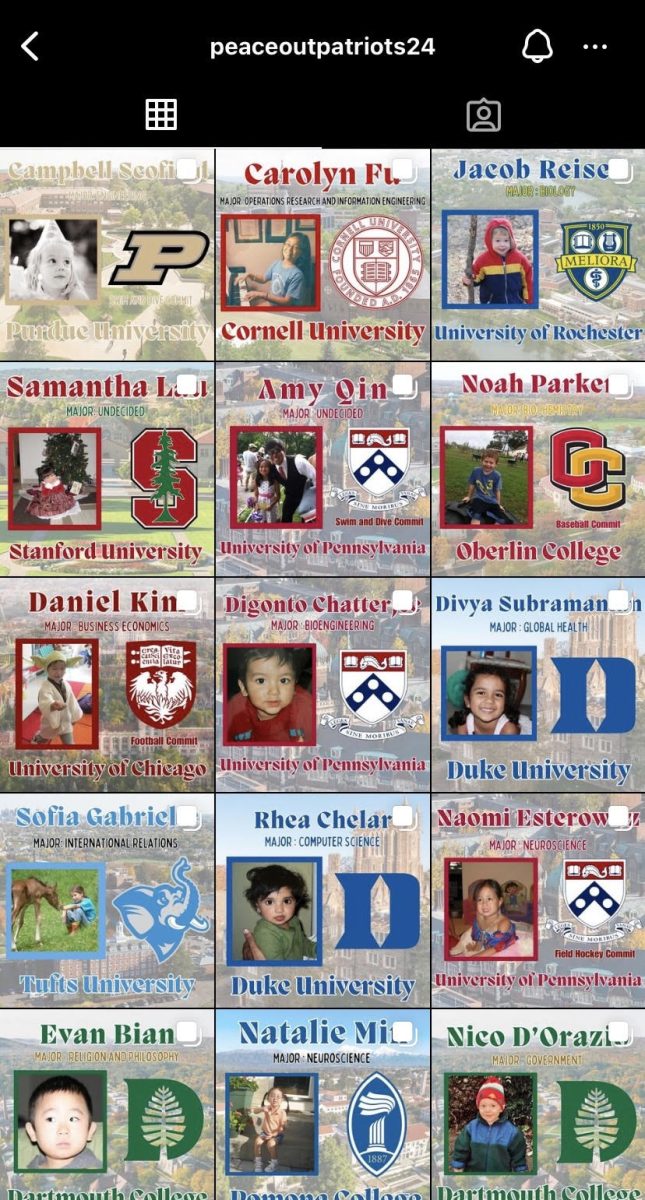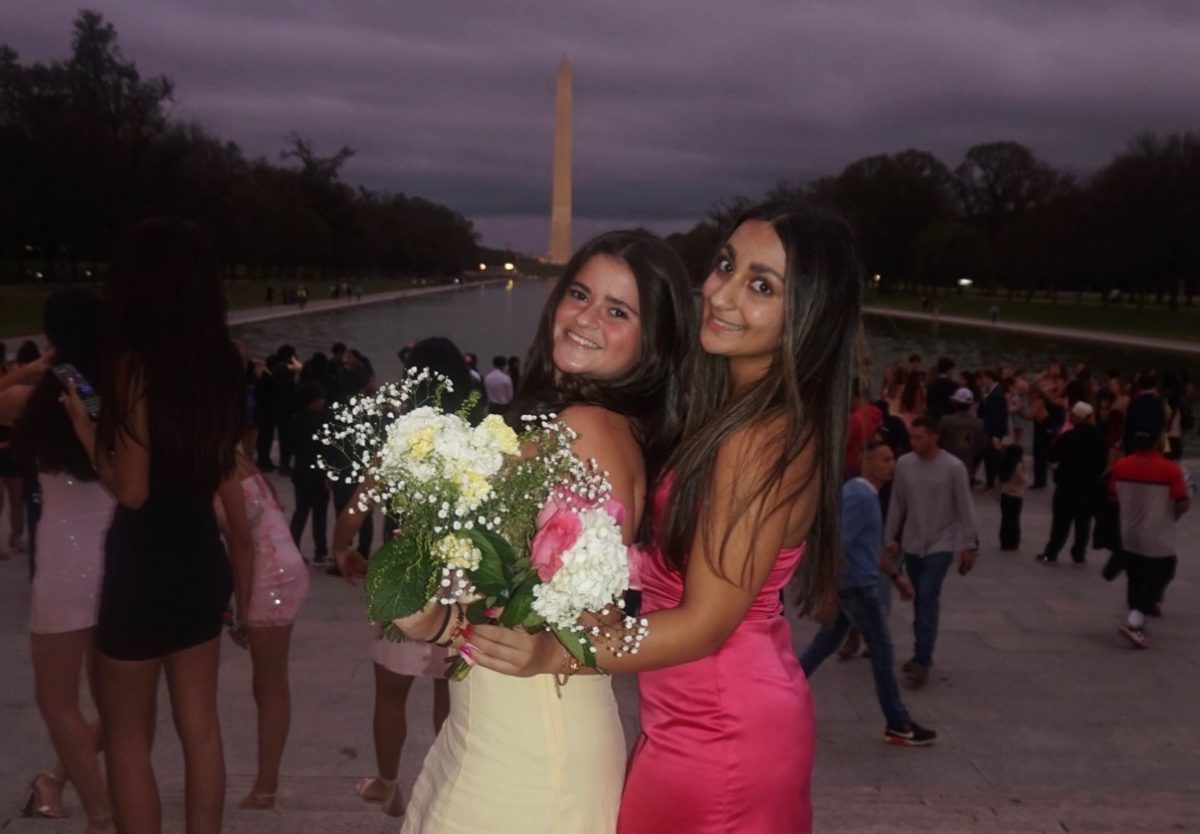For most students here, high school all boils down to what college you attend after graduation. And while this may not be the dream for all, it remains well respected to be accepted into an Ivy League. How exactly do you do that though? Read on to learn how current seniors got accepted into the Ivy League and what they did in their high school years.
The University of Pennsylvania is an extremely selective school, and a lot of factors go into their decision, but the school looks closely at your GPA, academic rigor of your classes and leadership within extracurriculars. Senior Digonto Chatterjee applied early decision to UPenn with a bioengineering major, “I noticed that applying ED had higher chances for admission and knew that I wanted to do that because [UPenn] was my first choice. One extracurricular I did outside of school that I think helped was a lot of research, especially because it was related to my major. I presented at science fairs and worked at a few different institutions. I also did debate, which I think showed commitment and I also won some awards to show for it. I am also the president of science bowl and co-captain of the math team,” Chatterjee said.
On a different note, senior Amy Qin committed to UPenn for swimming. “I’ve been swimming for the longest part of my life and fully committing to this sport helped me stand out to the coaches. Though, I still try to have other extracurriculars like being in band or having a summer job. I also try to take a lot of APs and maintain good grades in school,” Qin said.
Similarly to UPenn, Dartmouth looks for rigor in and outside of school and GPA, but they also look at high percentile test scores and letters of recommendation. “I applied early decision because I connected with the school in many different ways. I loved the outdoorsy character, rural setting, and small size. In school, I focused on keeping my grades up and performing strong academically and outside of school, I worked diligently on my essays and tried to convey myself in the most genuine way possible. These past two years, I have been very involved in our school’s Restorative Justice Committee, working closely with staff to create a more inclusive environment in our school. Some general advice I would give, as generic as it sounds, [is] be yourself. Be authentic, pursue your passions, and aim to be professional in all that you do,” senior Evan Bian said.
Cornell looks for slightly different characteristics. Although they consider academics, they focus more on how students present themselves beyond the test scores and grades, specifically strength of character, love of learning, and each student’s individual achievements and motivations. Senior Carolyn Fu knew that Cornell was her dream school and was fully committed from the beginning. “I think that my NIST internship and my second place in the poster competition were the biggest achievements that stood out on my application. Another thing was the K-pop dance club, which I am the president of, and which I also wrote my essay about, more specifically, my connection to K-pop through dance, and how K-pop helped me grow through insecurities and how I led my club through various performances,” Fu said.








